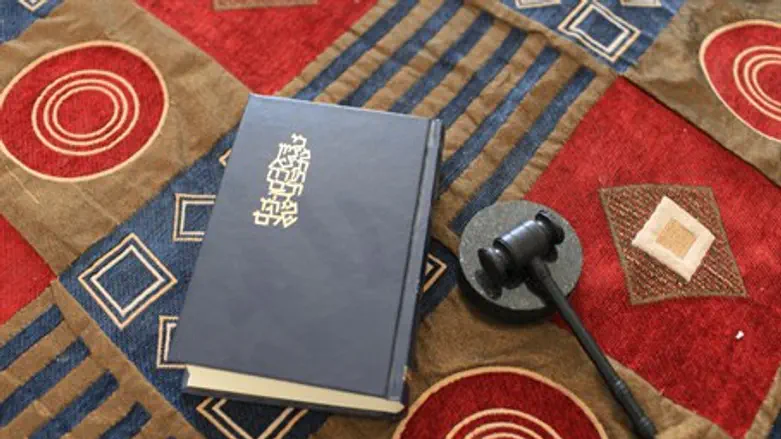
Carlos Rosenkrantz, a Buenos Aires attorney and law professor, as well as a former presidential adviser, will be the first Jewish justice on the Supreme Court of Argentina.
Rosenkrantz, 57, is expected to be sworn in to the nation’s highest court next month after being approved last week by two-thirds of the Senate. He was nominated by President Mauricio Macri.
The Buenos Aires native has been teaching law theory at the University of Buenos Aires since 1990 after earning his law degree from the school seven years earlier. He also works at his own law firm, Bouzat, Rosenkrantz & Associates.
Rosenkrantz was an adviser to then-President Raul Alfonsin during the constitutional reform convention in 1994. He was global law professor at the New York University law school from 1996 to 2007.
Just weeks after his nomination last December, the AMIA Jewish center in Buenos Aires wrote in a public letter supporting his candidacy that his appointment “would constitute a significant step in building a judiciary that reflects the diversity and plurality of our people,” pointing out that “Rosenkrantz would be the first Jewish judge to integrate the Supreme Court.”
In a biography on his own webpage, Rosenkrantz describes himself as a “son of a Jewish father with Polish roots and a Catholic teacher.”
His mother was born in the northern province of Corrientes, and Rosenkrantz has said he considers himself to have ties to the province. In an appearance before the Senate on March 10, Rosenkrantz joked about his ties with the Corrientes province as well as with the Corrientes, a main avenue in Buenos Aires that passes through the Jewish neighborhoods of Balvanera and Almagro.
During confirmation hearings, a senator asked if his origins from a northern region could bring diversity to the court.
“With regard to regionalism, I consider myself 40 percent Correntinean, I am sensitive to regional diversities. My mother is Correntinean; my father used to say that he was Correntinean … but actually he was a Jew from Corrientes Street, not from the province of Corrientes,” Rosenkrantz said.
He added: “I think that I bring some cultural diversity to the (Supreme) Court.”